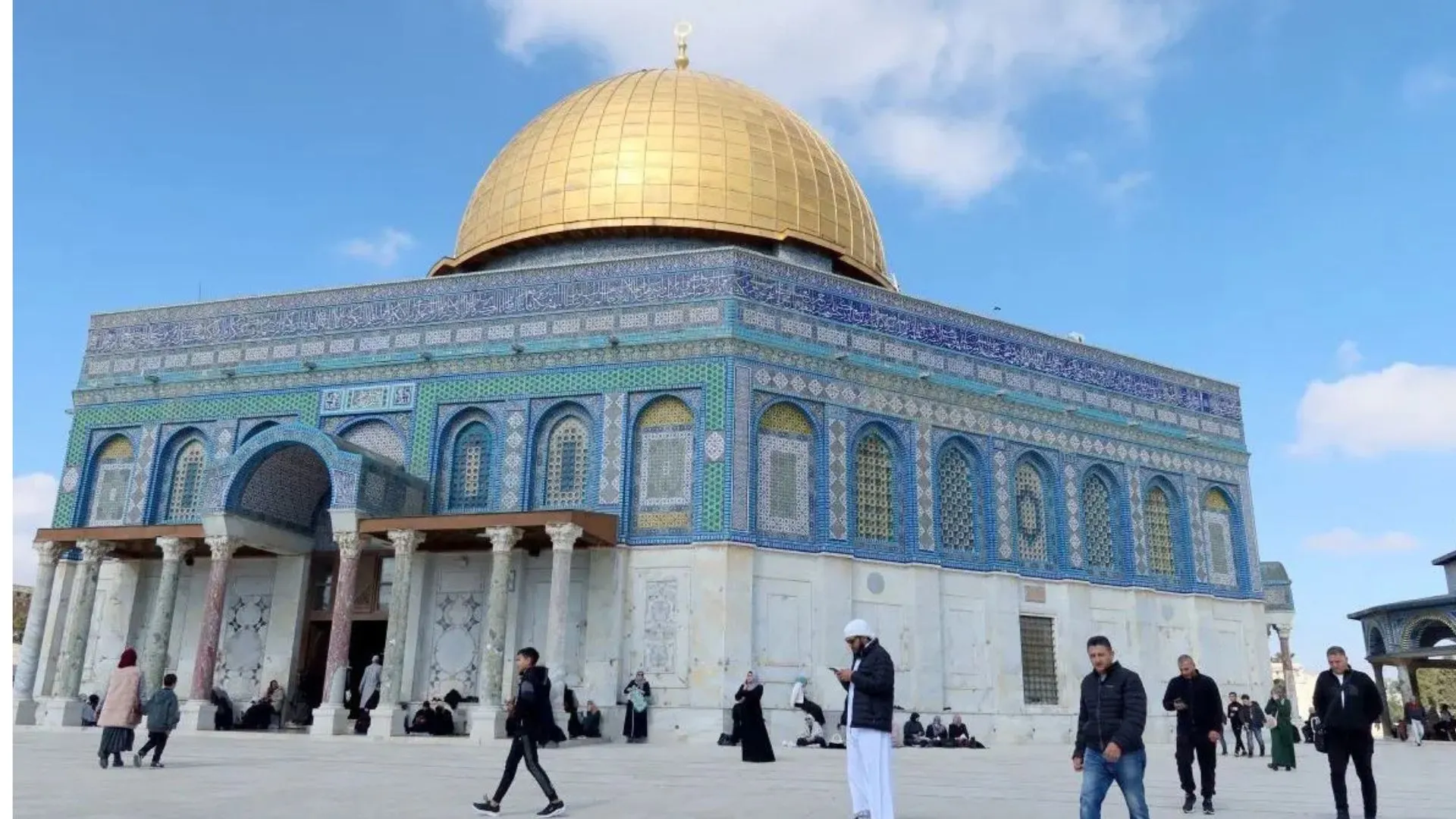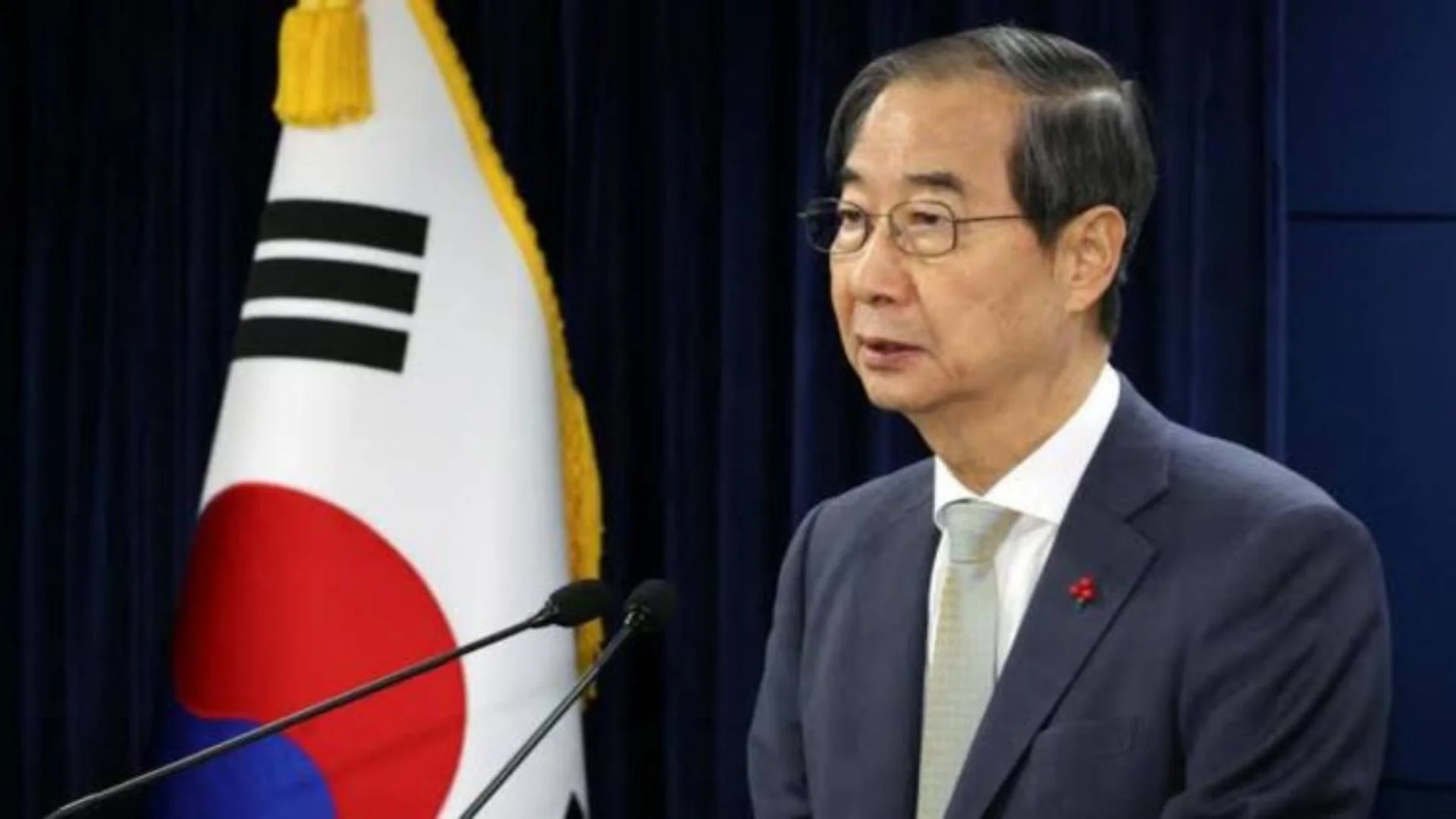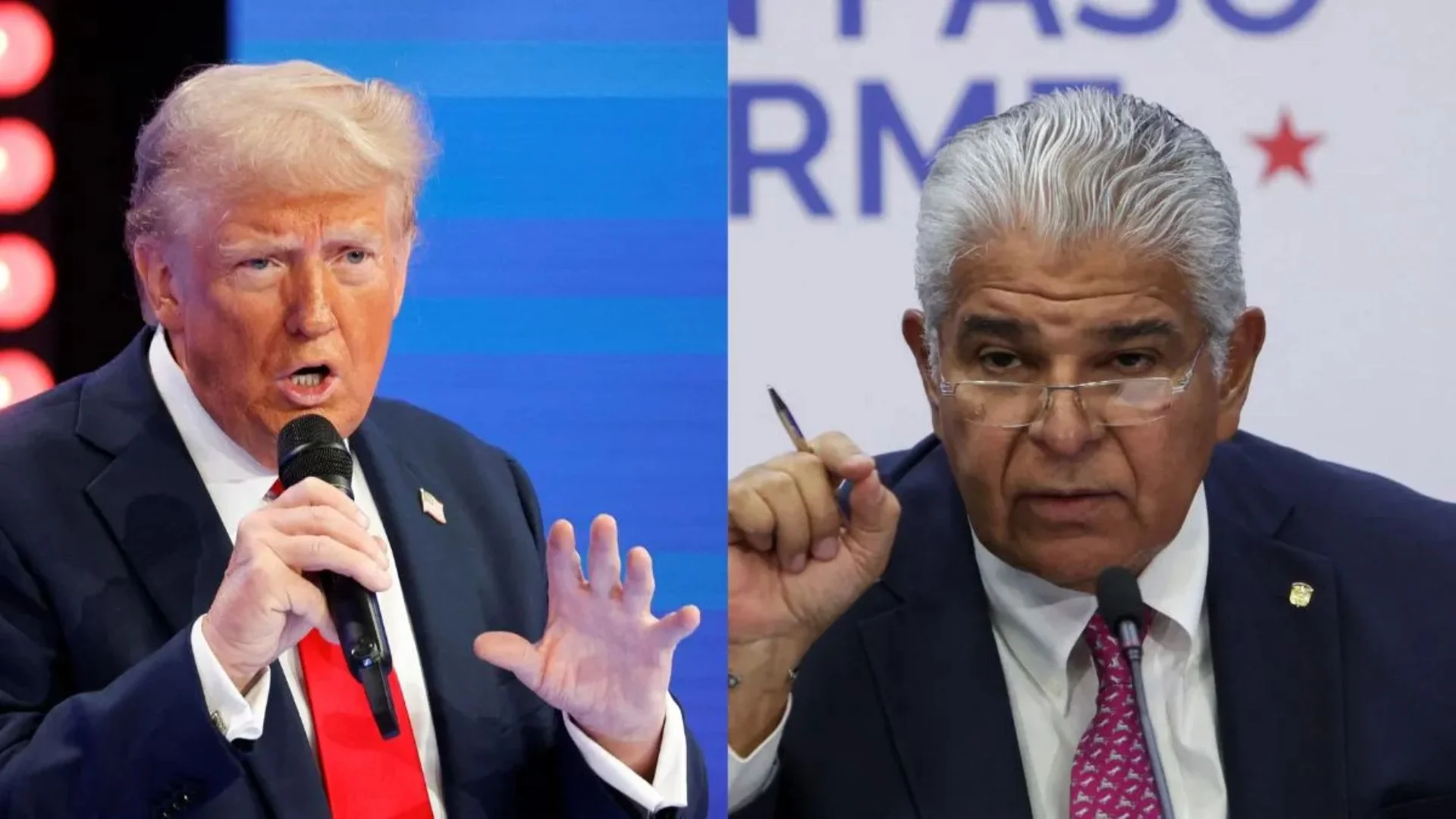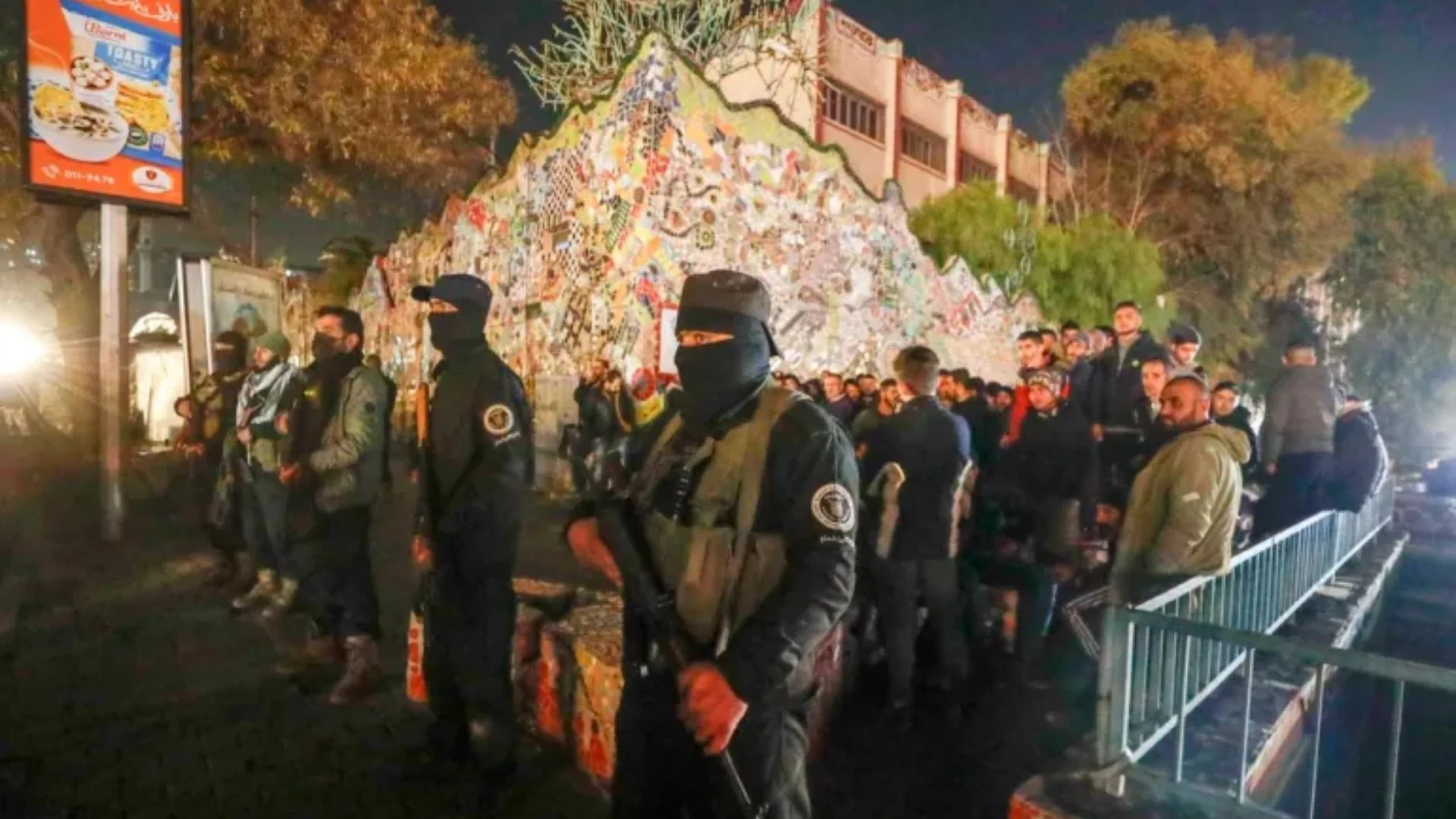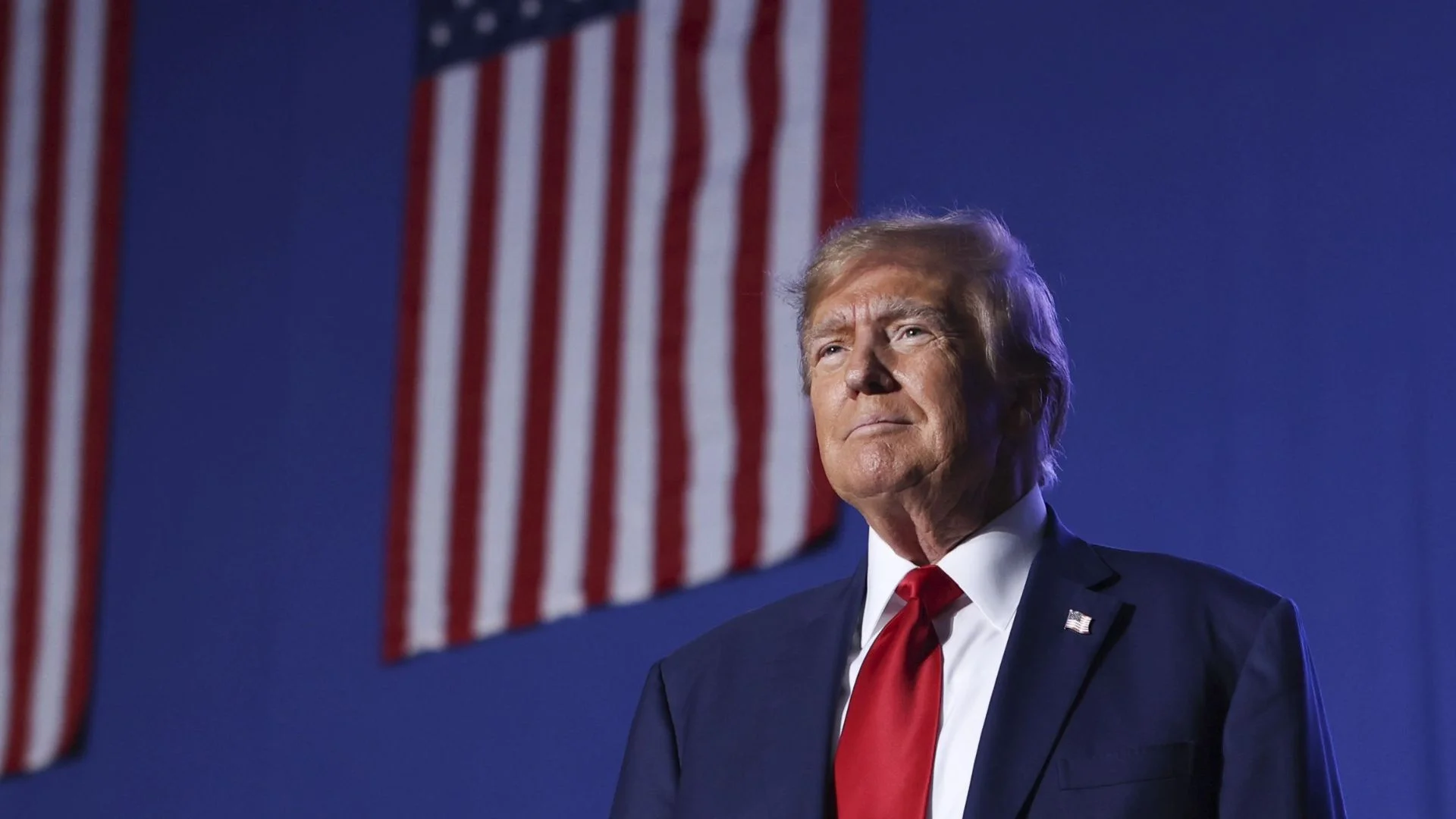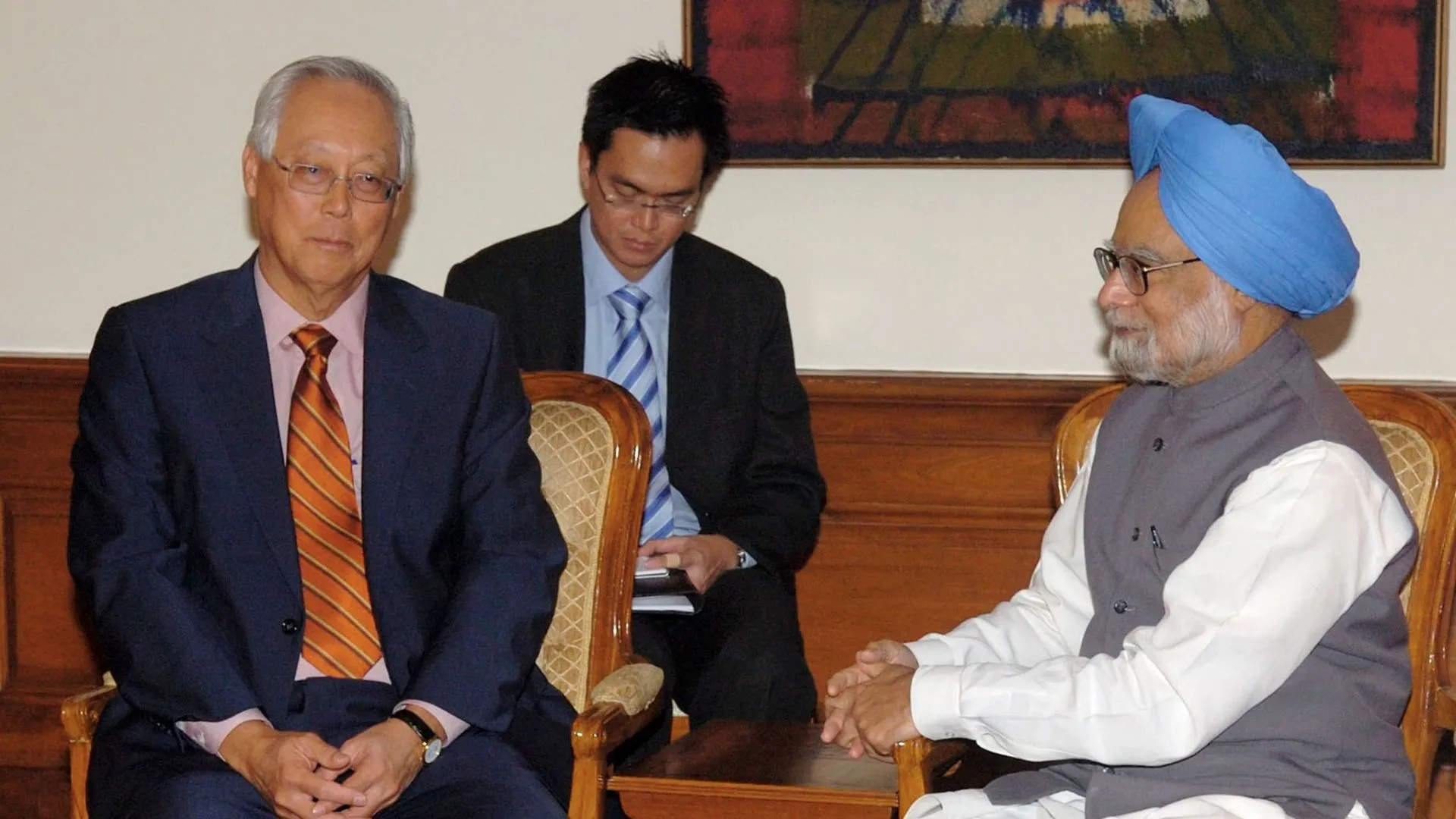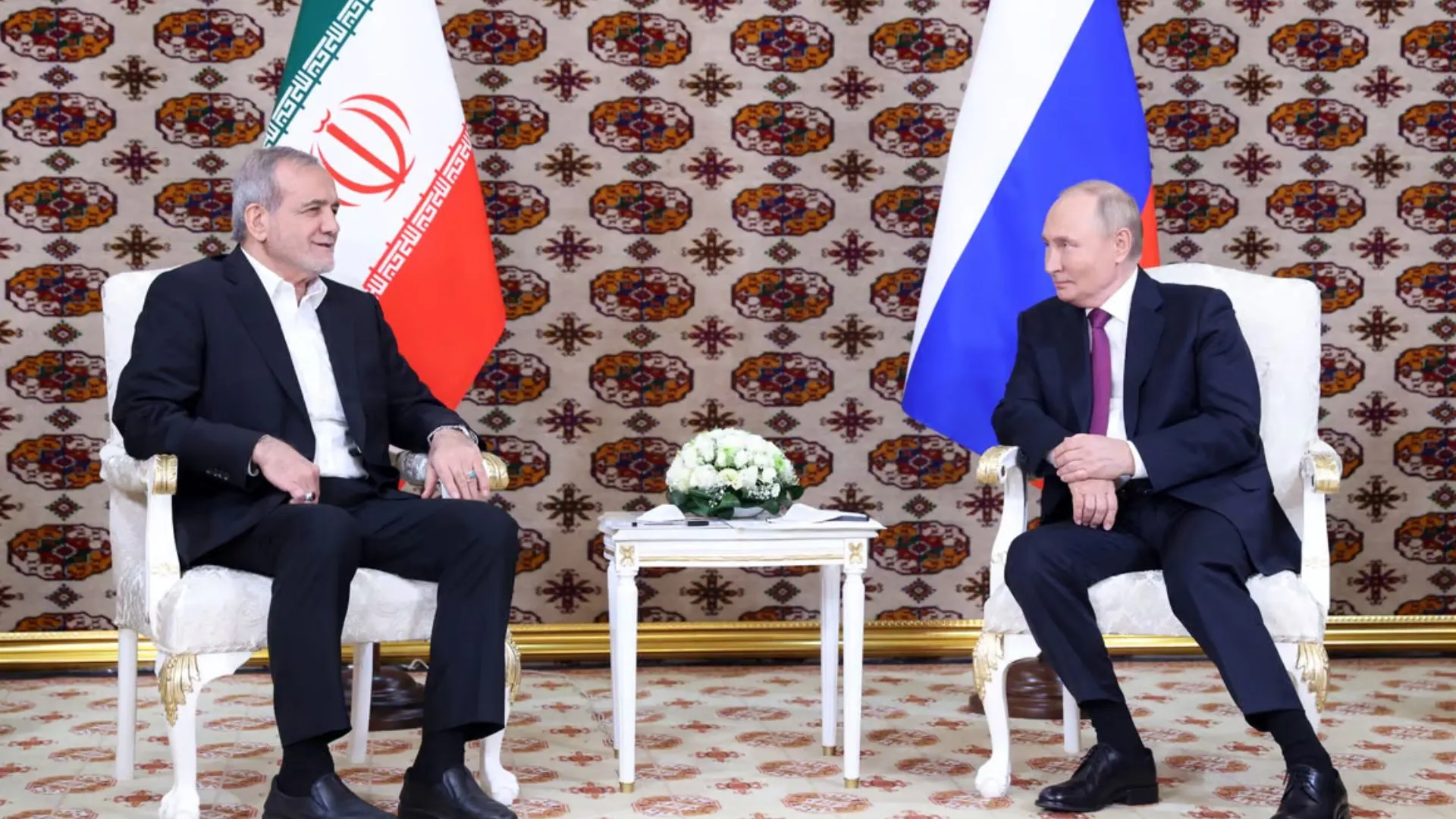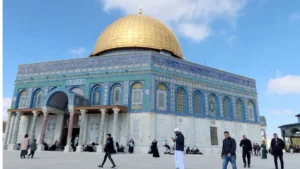Israel’s ultranationalist Security Minister Itamar Ben-Gvir visited the Al-Aqsa mosque compound in Jerusalem on Thursday, stating that he was there to offer a “prayer” for hostages held by Hamas in Gaza. This visit has raised tensions and challenged the established rules governing one of the most sensitive religious sites in the Middle East.
Israel’s official stance recognizes decades-old regulations that restrict non-Muslim prayer at the Al-Aqsa compound, which is considered Islam’s third holiest site and is known to Jews as the Temple Mount, revered as the location of two ancient temples. Under a delicate “status quo” arrangement with Muslim authorities, the compound is administered by a Jordanian religious foundation, allowing Jews to visit but prohibiting them from praying there.
In a post on X, Ben-Gvir stated, “I ascended today to our holy place, in prayer for the welfare of our soldiers, to swiftly return all the hostages and total victory with God’s help.” The post included a photo of him walking in the compound, but no images or videos of him praying were shared.
Official Response and Context of Hostage Situation
Prime Minister Benjamin Netanyahu’s office quickly reiterated the official Israeli position regarding the rules at the Al-Aqsa compound. The visit comes amid ongoing negotiations for a truce with Hamas, which took approximately 250 hostages during its October 7, 2023, attack on southern Israel, resulting in the deaths of 1,200 people, according to Israeli figures. In the subsequent conflict in Gaza, Israeli forces have reportedly killed over 45,300 Palestinians, according to health officials in the Hamas-run enclave.
Ben-Gvir’s visit has drawn criticism, particularly from Palestinian groups, as suggestions from Israeli ultranationalists to change the rules regarding religious observance at the Al-Aqsa compound have previously incited violence. In August, Ben-Gvir had called for Jews to be allowed to pray at the mosque, which sparked significant backlash.
Ministerial Oversight and Security Concerns
Ben-Gvir, who leads one of the two religious-nationalist parties in Netanyahu’s coalition, has a history of making provocative statements that resonate with his supporters but often conflict with the government’s official policies. Israeli police have previously prevented ministers from visiting the compound, citing national security concerns. Ben-Gvir’s ministerial role includes oversight of Israel’s national police force, raising questions about the implications of his actions for security in the region.

